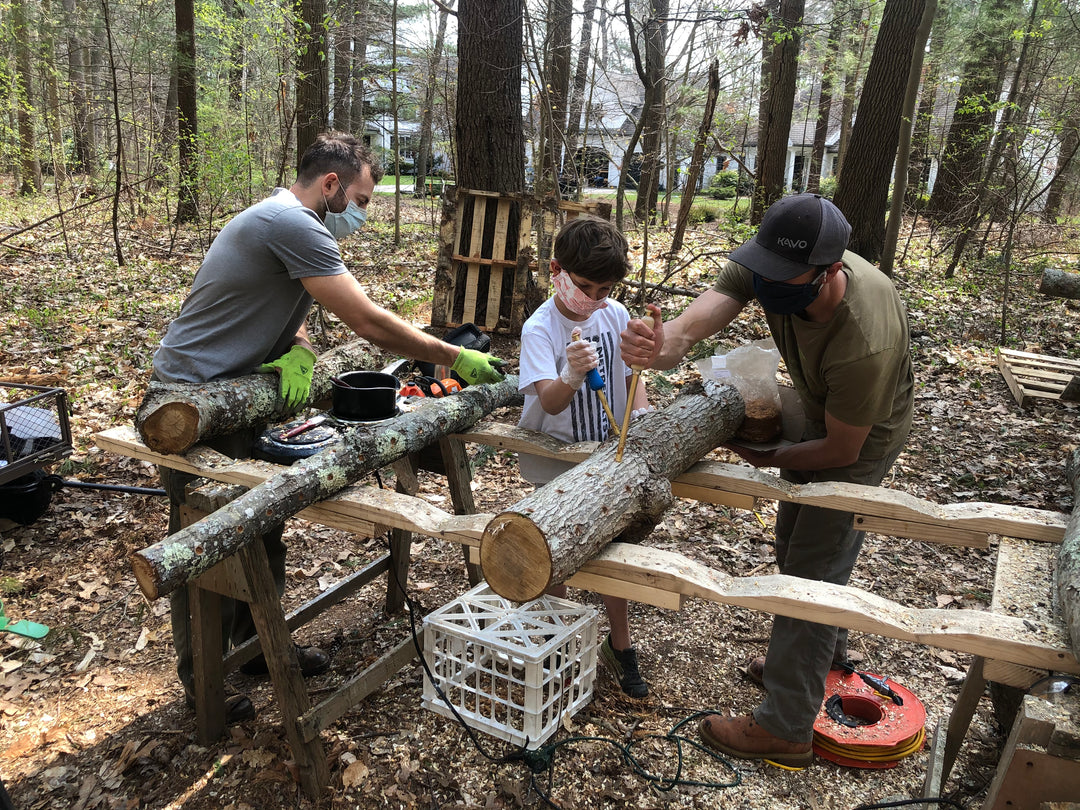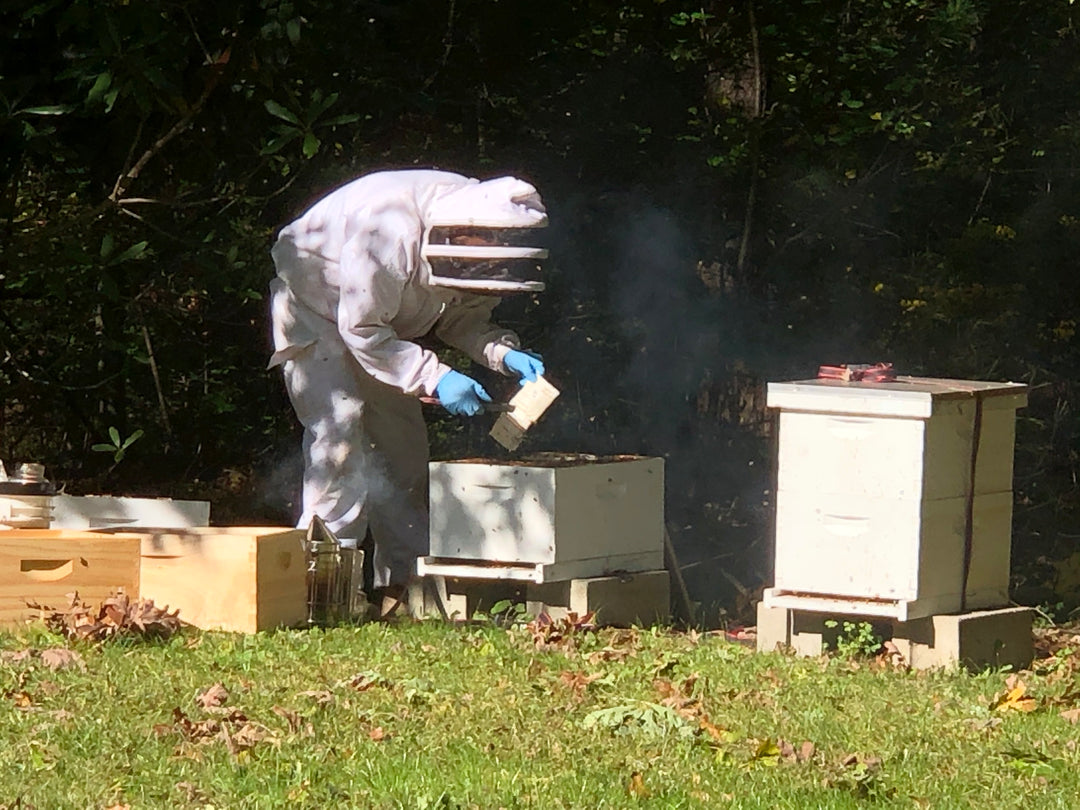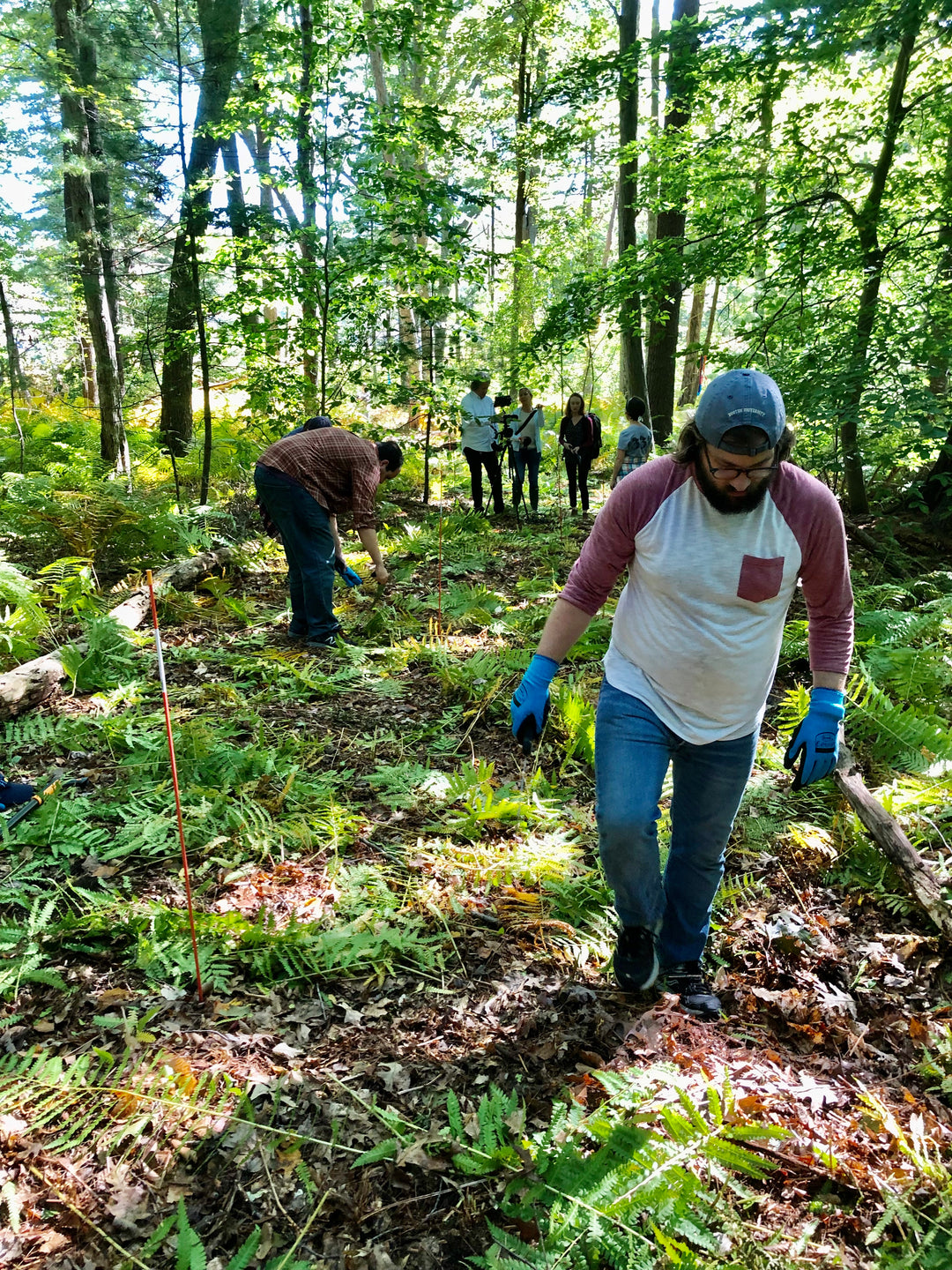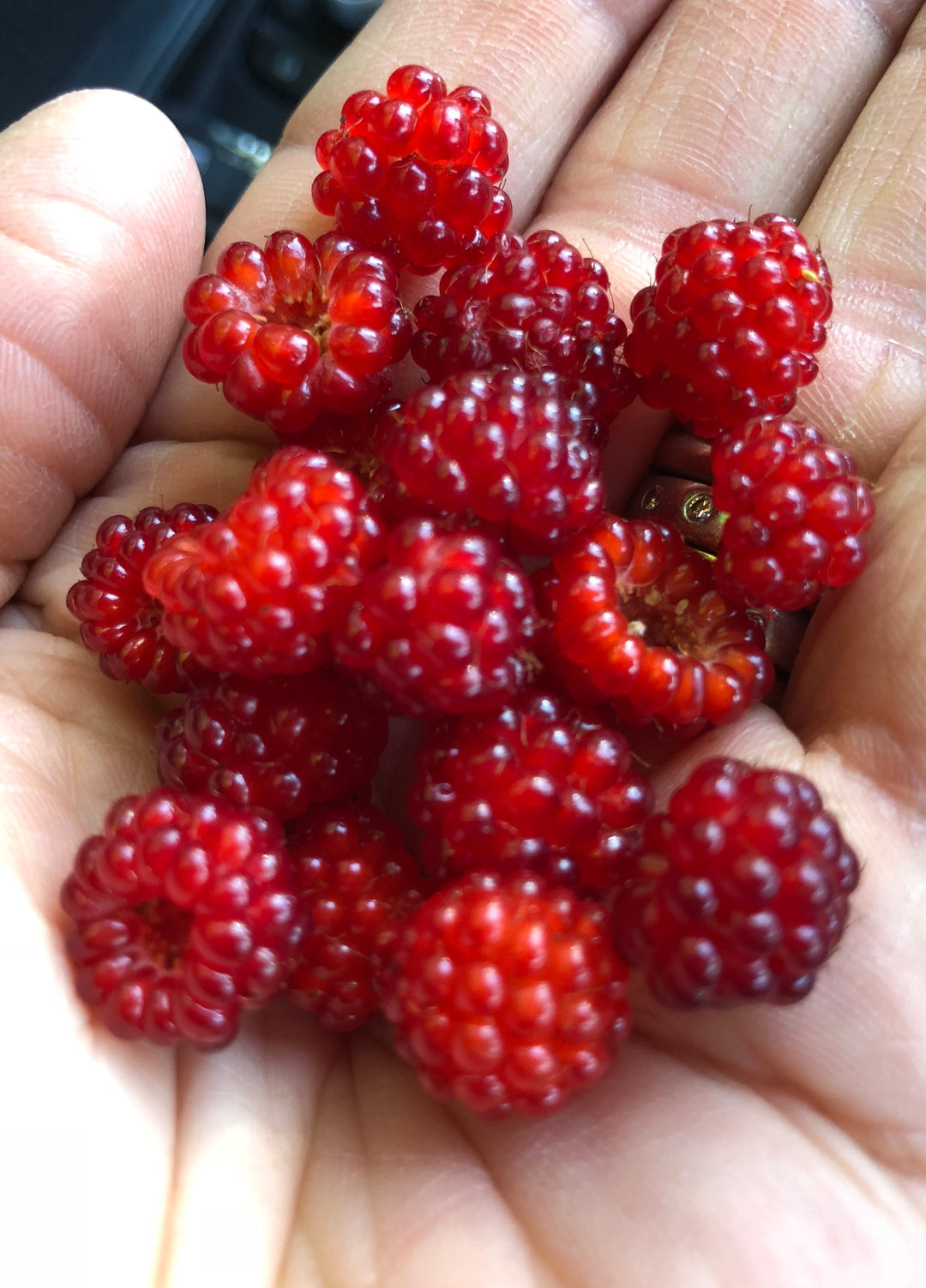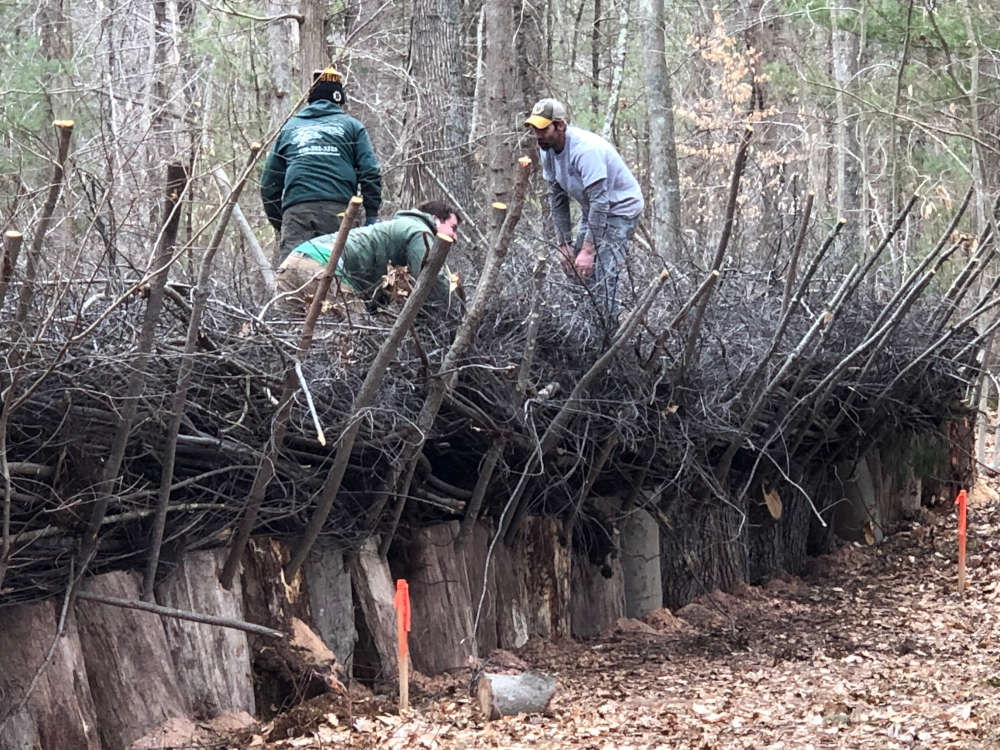In our first project, we consulted to the Jostyn family in Hamilton, MA. We helped them to 1) make spiritual, relational, and environmental commitments and connections. 2) make their home, small-scale farm, woodlands, and wetlands more sustainable, and 3) activate more of their potential to grow food and benefit others.
Over time, we and/or the Jostyn Family Farm...
Conceptually
- Created a mission statement for the home and property that encompassed their unique spirituality, goals, and desire to use the property to bless others. They incorporated inclusive guiding spiritual principles such as wisdom, economy, beauty, childlikeness, neighborly love, and so on;
- Researched the historical, geological, environmental, ecumenical, social, and religious context of the property, including the larger ecosystem, the Hamilton community, the North Shore, the Greater Boston area, and beyond. This helped stakeholders to better understand how they property already fit into the local and regional community and to more broadly imagine its future potential;
In the forest
- Contacted a licensed forester and walked them through the process of obtaining a Forest Stewardship Grant and implementing the resulting recommendations; https://www.mass.gov/service-details/forest-stewardship-program;
- Managed tree health by targeted patch cutting of diseased and hazardous trees;
- Removed most invasive plants from the site, such as buckthorn and poison ivy in order to improve the soil, light, and water quality for native plants;
- Repurposed removed plant material into natural brush fencing that serves human and animal neighbors;
- Created a compost area to help store and recycle other removed material for later reuse;
- Repurposed a large quantity of residual material into a natural berm that shields the compost area from neighbors' view;
On the property and farm
- Learned more about the property’s soil quality through site-wide testing;
- Protected wetlands by maintaining natural water flow;
- Installed a log-slice stepping path around the edge gardens of the yard that’s beautiful, functional, and made solely of material from fallen trees;
- Started a food-grade shiitake mushroom farm by harvesting 150+ logs from downed trees;
- Planted a large number of high bush blueberries to complement the native ones already proliferating onsite in order to feed wildlife and establish a production crop for donation;
- Planted vegetable gardens by the house that hosted annual veggies, and a series of gardens along the forest edge with all kinds of natives, wilder berries, and semi-shade loving edible plants;
- Planted native and pollinator-friendly ornamental shrubs and plants
- Removed large areas of non-recreational grass, replaced remaining grass with shade loving fescues mixed with clover for pollinators, reduced mowing frequency and coverage, and left large swaths unmowed;
- Developed a chicken program, enabling weekly donations of dozens of eggs to the Grow food for good program;
- Created an onsite composting program for kitchen scraps and chicken waste;
- Experimented with installing beehives and robotic lawn mowing
- Developed a greater sense of connectedness between the house, grounds, forest, wetlands, and so on;
Inside the home
- Connected with second-hand sources that enabled furnishing the home sustainably and on a budget;
- Installed sustainable environmentally-friendly systems including solar, composting, occupancy sensor lighting, and smart thermostats — all of which saved money, used resources in an intelligent and caring way, and conserved energy;
- Planted an indoor garden that enabled the consumption and donation of fresh lettuce and kale;
In the community
- Worked to build relationships with immediate neighbors;
- Facilitated harvests and delivery of excess food to local organizations;
- Piloted hosting the annual Kinship Farm Harvest Dinners and other community-serving events.
